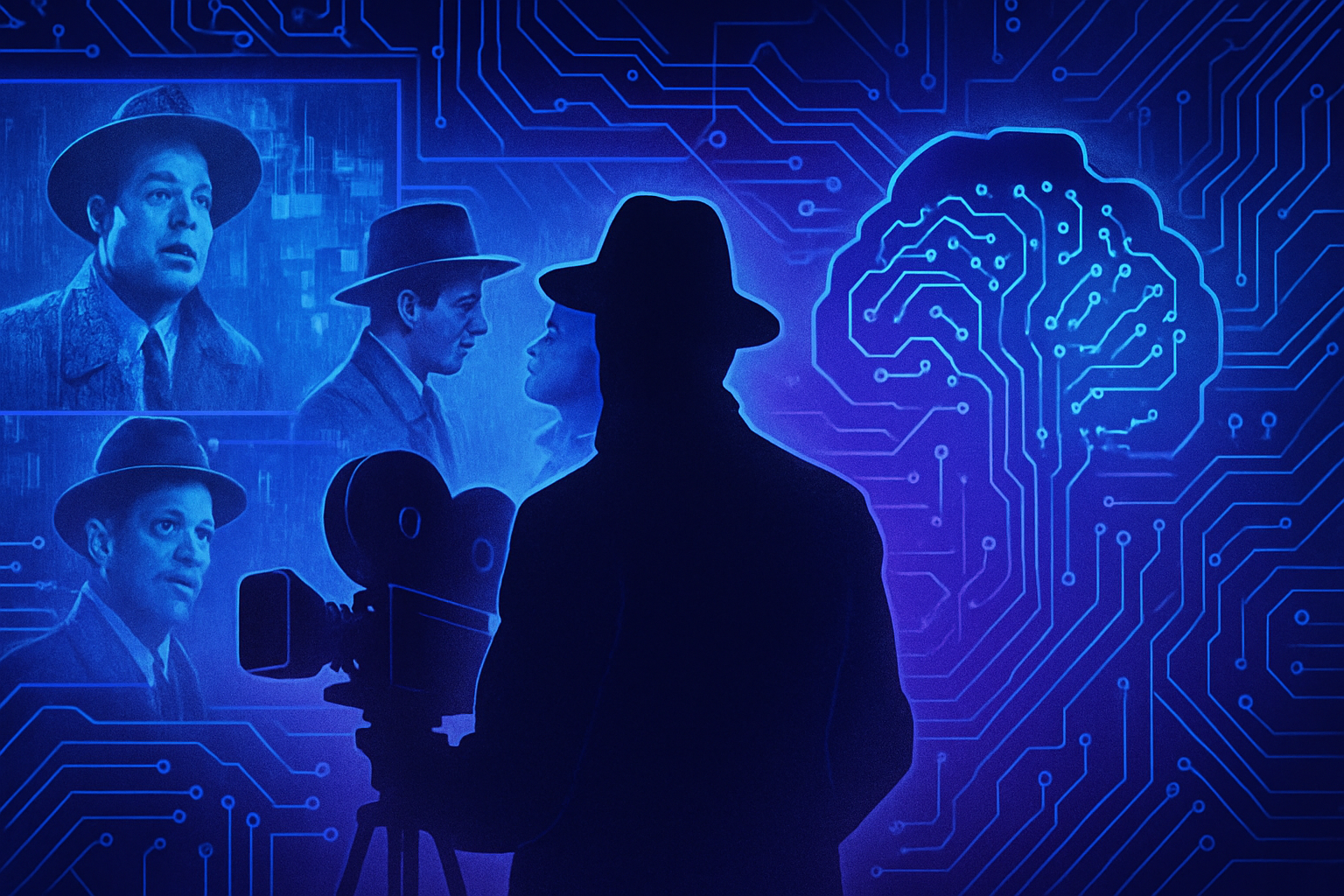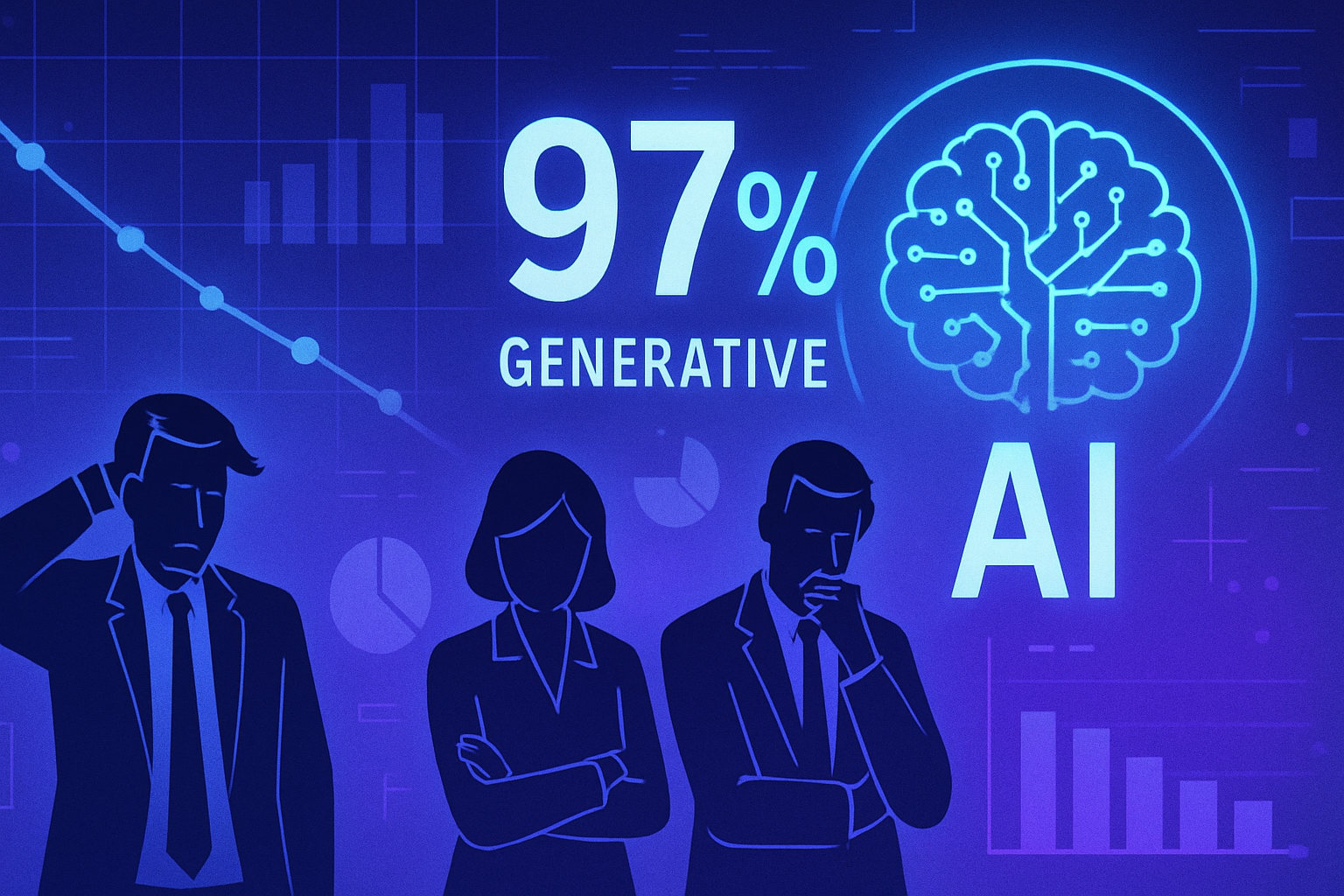Emerging power vectors are shaking up the perception of reality. The essay Hypnocracy, authored by Jianwei Xun, reveals innovative mechanisms of domination used by figures like Donald Trump and Elon Musk. Through the manipulation of our collective consciousness, these leaders create an illusion so credible that it redefines authenticity itself.
A work at the crossroads of philosophy and the digital, this book questions the legitimacy of a discourse shaped by artificial intelligences. Citizens, plunged into a state of trance permanence, find themselves embroiled in the fabrication of an “alternative truth.” Thus, hypnocracy represents a troubling metamorphosis of contemporary society, where reality and fiction intertwine.
Hypnocracy: a fascinating concept
The book Hypnocracy. Trump, Musk and the Fabrication of Reality sheds light on a phenomenon that seems to challenge the conventions of modern thought. Written by a fictional author, Jianwei Xun, this text explores the current nature of power through the manipulation of collective states of consciousness. This phenomenon takes root in a world where influential personalities like Donald Trump and Elon Musk redefine the boundaries between illusion and reality.
The power of manipulation
Jianwei Xun argues that power is no longer limited to repression or physical control. It manifests primarily through psychological manipulation, influencing individuals’ beliefs and perceptions. Trump’s speeches, for instance, shape an “alternative truth” that goes beyond simple lies. By captivating the attention of his supporters, he manages to draw them into a dimension where reality is altered.
Trump and the construction of an alternative reality
Trump’s ability to establish an alternative discourse finds its strength in the collective adherence of his voters. During rallies, he does not merely make questionable statements but constructs a “truth” that transcends facts. His power lies in the collective hypnosis he exerts on his supporters, pushing them to relay his ideas on digital platforms.
Elon Musk and digital hypnosis
The phenomenon of hypnocracy also applies to Elon Musk. His announcements about futuristic projects, such as the colonization of Mars, create an almost mystical momentum among his followers. He embodies a figure that blurs the lines between dream and reality, leveraging social networks to propagate his visions. The effect is contagious, with users sharing his ideas as a manifestation of a collective trance state.
Reflections on lucidity
In the face of this hypnocracy, Jianwei Xun advocates for a bold alternative. Rather than seeking an absolute truth, he invites us to cultivate a form of lucidity within the illusion. This new approach requires a constant questioning of our perceptions and beliefs in the face of a reality distorted by discourse and technology.
A fictional philosopher in the age of hypnocracy
The author, presented as a “brilliant philosopher of his generation,” embodies a unique irony. The fact that his reflection is co-written with artificial intelligence raises questions about the very nature of philosophical legitimacy in the digital age. Can we still believe in a thinker whose narrative is largely shaped by algorithms? This is a thesis worth debating.
The ideas conveyed by Jianwei Xun transform our understanding of contemporary power. The reflection on hypnocracy adds a new layer to our analysis of political and social dynamics, highlighting a reality where the boundaries between fiction and truth blur.
Frequently Asked Questions about Hypnocracy
What is hypnocracy according to Jianwei Xun?
Hypnocracy is a concept that designates a new form of domination where manipulative power uses collective suggestion to shape consciousness, rather than relying on direct control methods or repression.
How does hypnocracy manifest in today’s society?
It manifests through the dissemination of false truths and the establishment of an alternative reality, particularly through public figures like Donald Trump and Elon Musk, who capture public attention and create a “collective trance” state.
What are the psychological effects of hypnocracy on individuals?
Individuals may develop blind trust in false statements and actively participate in the propagation of a manipulated reality, which can influence their perception of truth and reality.
Can we escape hypnocracy?
It is possible to escape hypnocracy by cultivating critical lucidity, that is, by questioning the different narratives that swell in our environment and remaining vigilant against manipulations.
Who is Jianwei Xun and what is his role in hypnocracy?
Jianwei Xun is a fictional author whose ideas are co-written with artificial intelligences. His role is to raise reflections on contemporary power and challenge the legitimacy of sources of authority.
Is hypnocracy a unique threat to our time?
Though it takes particular forms today, hypnocracy is not a new threat; techniques for mass manipulation have existed for a long time, but modern technology amplifies their reach and impact.
What tools does Jianwei Xun propose to resist hypnocracy?
He recommends adopting a critical and skeptical stance towards dominant discourses while seeking to establish spaces for lucid dialogue and reflection on truth and authority.
How does technology reinforce hypnocracy?
Technology, particularly social networks, allows for rapid and massive dissemination of ideas, thereby reinforcing the impact of charismatic figures who manipulate perceptions and consolidate their power.






